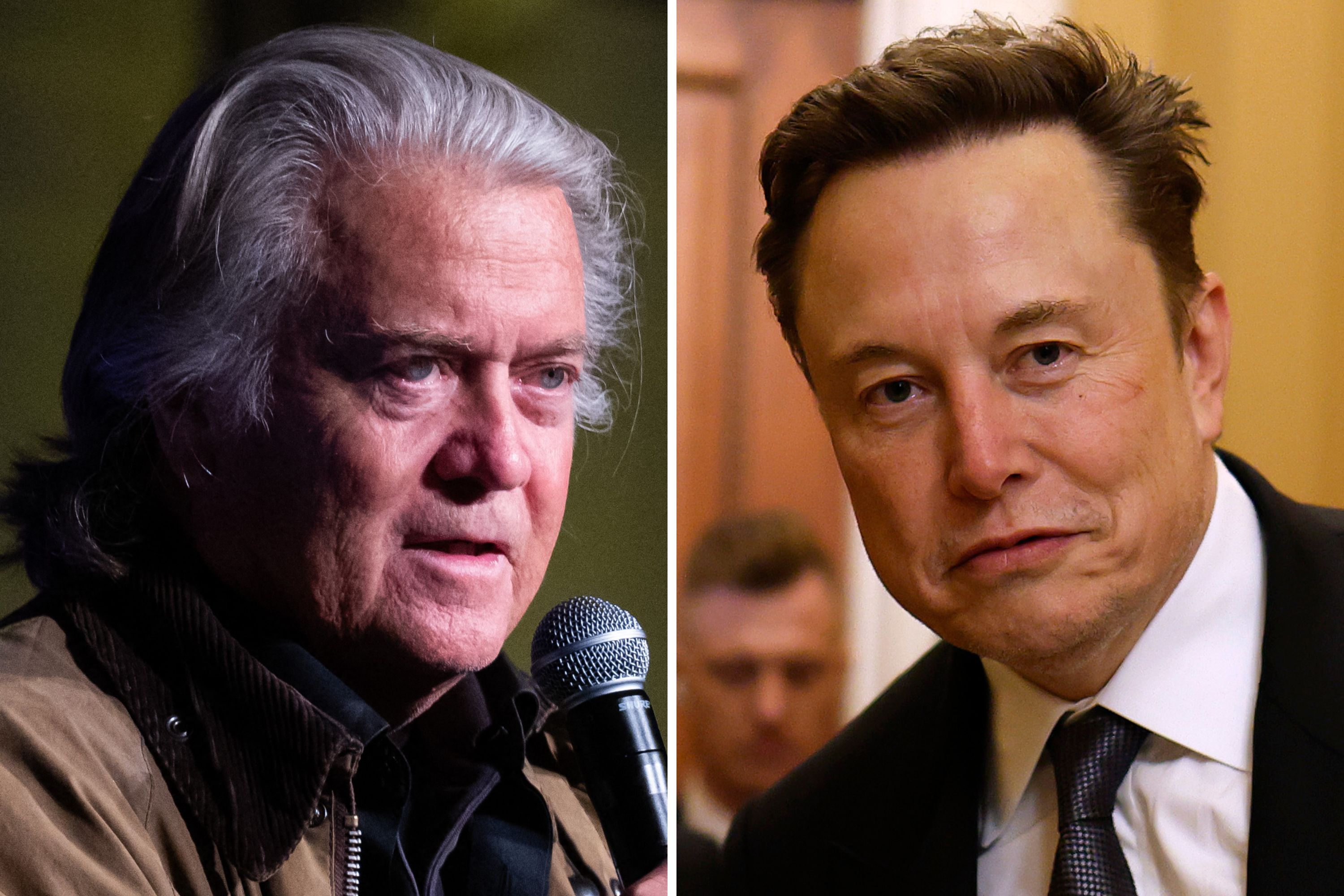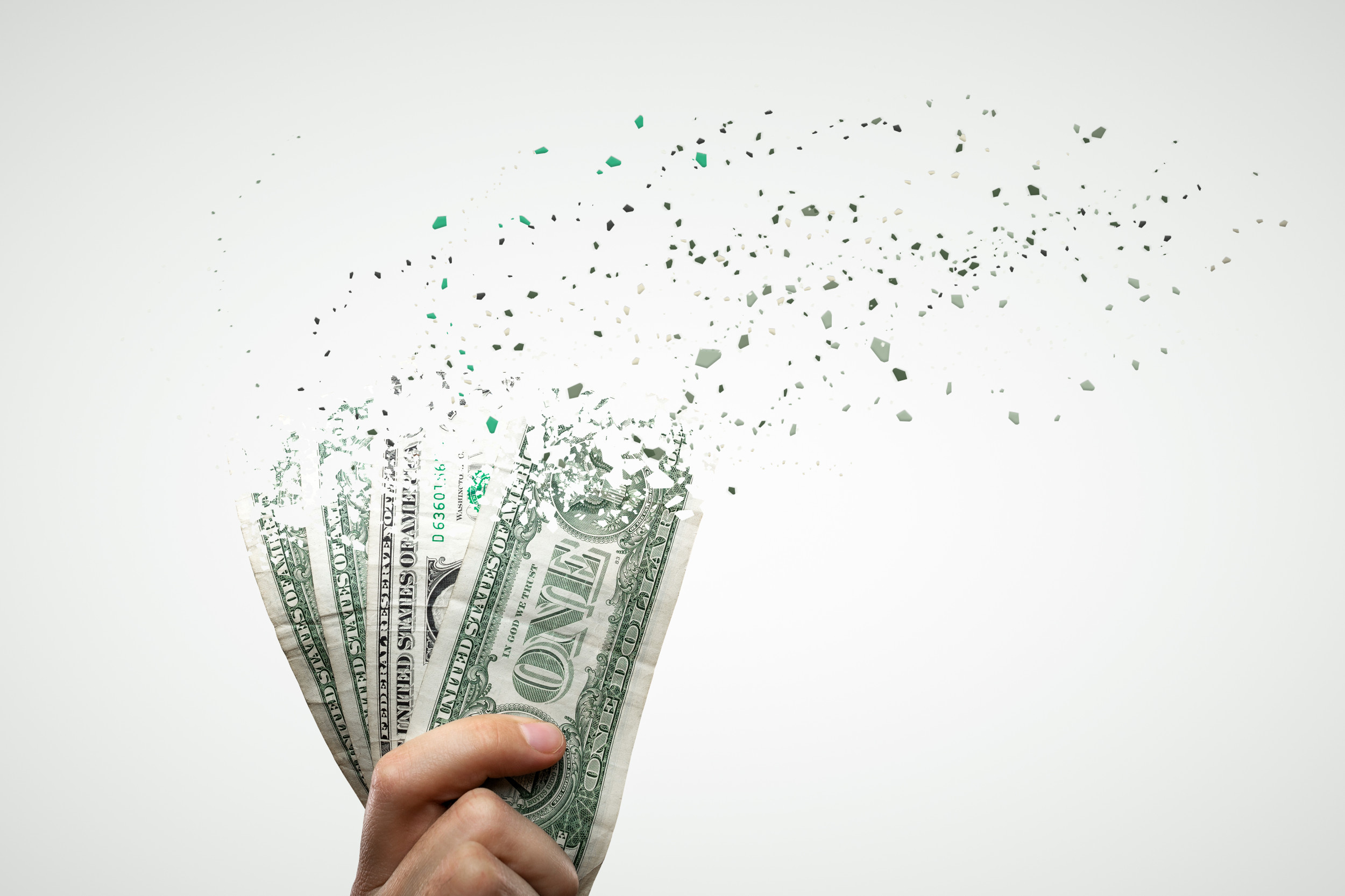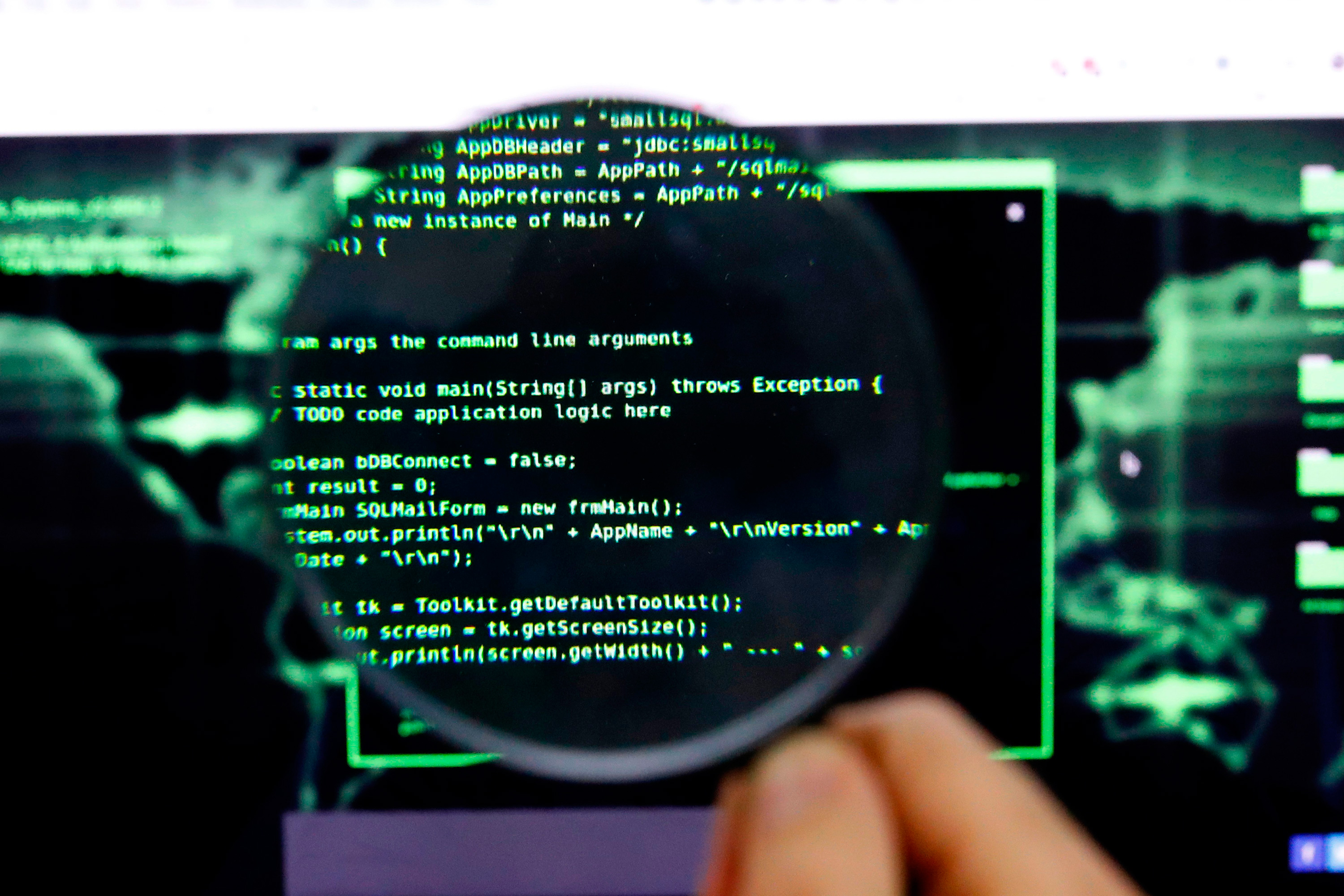Thirty-five years ago, as communism was collapsing, U.S. scholar Francis Fukuyama famously proclaimed the "end of history." His argument, later expanded in an iconic 1992 book, was that the ideological battles of the 20th century had concluded with the triumph of liberal democracy (and free-market capitalism). With the Cold War over, humanity had supposedly reached its final form of governance—liberal democracy was the "endpoint of mankind's ideological evolution."
It didn't take very long, though, for history to reappear. The disintegration of Yugoslavia and its accompanying horrors, the rise of nationalist authoritarianism in post-Soviet Russia, 9/11 and the ensuing war on terror, and the increasing traction of Samuel Huntington's Clash of Civilizations thesis—all this dismantled the notion that the world was converging toward a harmonious democratic order. Fukuyama's grand vision was, by the mid-2000s, a cautionary tale about the dangers of pat certitudes in ivory towers.
I spoke to Fukuyama about a decade ago. By then, he was notably sheepish about his original thesis—while at the same time clear-eyed and intellectually engaging at a far higher altitude than most figures I've spoken to; his view appeared to be that sometimes you take risks and they might backfire—nothing ventured, nothing gained. He conceded his thesis had been overoptimistic but maintained it still held as a long-term vision.

I tended to agree. Even as authoritarianism and nationalism spread in many parts of the world, and as jihadism destabilized huge parts of the Middle East and spread terrorism in cities of the West, at least the true democracies were immune. Within Western societies, perhaps, the end of history still held true.
Sadly, this too started falling apart, and 2024 was the year when we can move on to a different thesis. Western democracies—particularly the United States—revealed themselves to far be more wobbly than we thought. Hyper-polarization, rampant disinformation, the erosion of shared realities, and the indifference to liberal democracy's basic ideas are defining features of the era.
Part of the reason is the digital revolution and social media in particular. These eliminated mainstream media as the gatekeepers ensuring the public discourse was largely confined within certain guardrails of civility and shared narrative. Now everyone, including the most radical agitators, is a publisher. And it turns out that human beings, if given the chance, are attracted to agitation and highly susceptible to lies.
There is even an intellectual foundation for this in the "post-modern" thought of the middle and late 20th century, which rejected universal truths and "metanarratives"—implying all ideas are somehow valid.
Liberal democracy, basically, is thus just one more idea. It is also a profoundly beautiful vision that holds that every individual is inherently equal and possesses inalienable rights, and that the best way to govern is through institutions that protect these rights, balance power, and allow for the free and open expression of ideas, ensuring that decisions are made with the consent of the governed (or as many of them as possible).It was poetically manifested in the U.S. Declaration of Independence, which alleges that all "are endowed by their Creator with certain unalienable Rights (including) Life, Liberty and the pursuit of Happiness."
There is an irony at work here: liberal democracy may not be so democratic by the definition many people around the world use. Go almost anywhere and ask a random sample what "democracy" is, and you will generally hear about fair elections and majority rule. You will hear a lot less about freedoms and protections, and almost never about checks and balances.
The Founding Fathers of the United States understood this, which is why they baked into the Constitution as many freedoms as they could, made it exceedingly difficult to amend, and set up a system that is inhospitable to direct democracy, where a majority of the people can run amok with crazy schemes. They were, after all, the experts and the elite.
The most dangerous assault on all of this comes from the ascendence of illiberal right-wing forces like the U.S. cult of President-elect Donald Trump—who has now been reelected to a non-consecutive term even though his first four calamitous years made his intentions crystal clear. We can safely say that Trump has no fidelity to the principles of liberal democracy, is a nationalist and would-be authoritarian, and hates the U.S. system. The Department of Government Efficiency—through which Elon Musk, the world's richest man, will try to put middle-income people out of work—well reflects the hatred.
Versions of this are visible all over the democratic world. Some once-aspiring democracies are now dictatorships by choice of an electorate—the most egregious case being Russia, and to a lesser degree in Hungary and Turkey.
Romania, too, is now teetering on the brink. Russian President Vladimir Putin staged a TikTok attack in the days before its Nov. 24 first round of the presidential election. The winner by plurality, which Putin illegally schemed to boost, hates the European Union and NATO and wants to reorient the country toward Russia—and away from liberal democracy. A week after that, a third of Romanians voted for parties that support that worldview. The presidential election has been annulled by the nation's supreme court, and many Romanians are in shock. Putin's campaign was illegal, yes—but the people who voted accordingly actually did vote.
Some true democracies are teetering because of brilliant would-be authoritarians tapping into humanity's worst instincts, like Israel's Prime Minister Benjamin Netanyahu. France could well be headed in the same direction soon.
All over the world, organized groups that want to burn down the house of liberal democracy, like Trump's MAGA movement does, are competitive.
Some will find some solace in the seemingly rational reasons for this trend. In places like Germany, where the radical Alternative for Germany (AfD) party is ascendent, the support for the nativist right attaches to the ill-fated decisions of post-war governments to import masses of immigrants who are themselves illiberal and often remain that way—an irony. In America, part of the Trump phenomenon is a rejection of the excesses of wokeness, itself illiberal thought police (indeed, the public turning on wokeness can be seen as a sub-trend—or simply another major trend).
But I've lived long enough to know that what's really happening is a rejection of liberal democracy by large numbers in many societies. They want authoritarianism—law and order, a monarchy perhaps—and don't care much about constraints on the minority (until it'll come, in turn, for them).
Fukuyama's vision, while inspiring, underestimated humanity's penchant for conflict and chaos. He believed too much in reason's triumph over base instincts, in democracy's resilience against demagoguery, and in capitalism's ability to deliver broad-based prosperity.
He now seems to get it. In a recent article for the Financial Times, Fukuyama asserted that Trump's 2024 victory signals a "decisive rejection" of liberalism by U.S. voters. This time he got it right. The events of 2024—the culmination of decades of systemic erosion—reflect a dispiriting reality: The supposed end of history, the good karma of 1989, was nothing more than a pause in the storm.
There were other huge developments this year, like the unstoppable charge of artificial intelligence and the beginning of the end for Iran's "axis of resistance," but on balance, the end of the end of history is the main thing going on.
Dan Perry is the former Cairo-based Middle East editor and London-based Europe/Africa editor of the Associated Press, the former chairman of the Foreign Press Association in Jerusalem and the author of two books. Follow him at danperry.substack.com.
The views expressed in this article are the writer's own.










.png)









 English (US) ·
English (US) ·